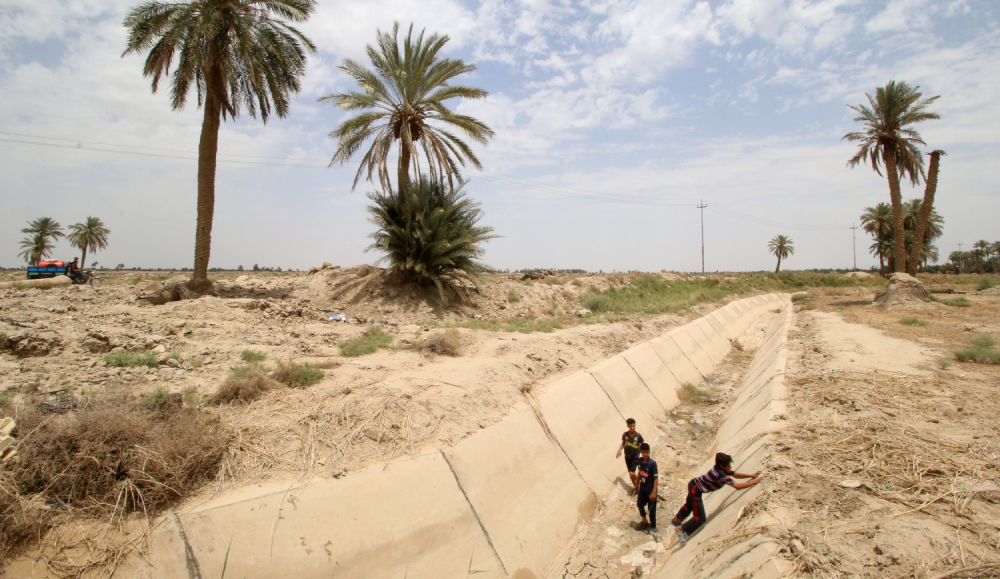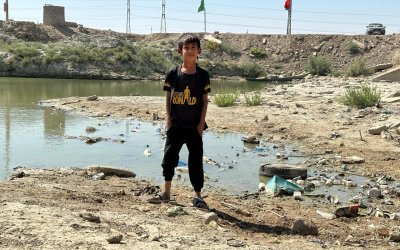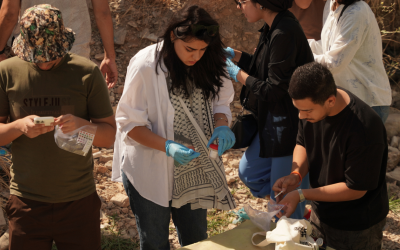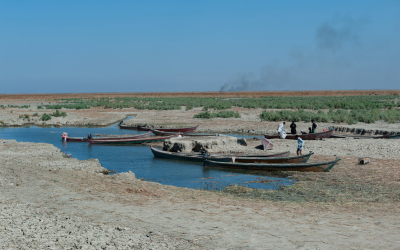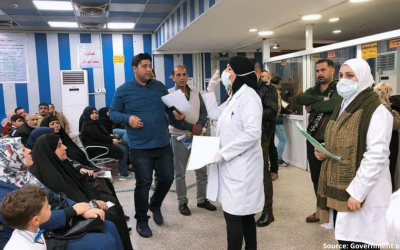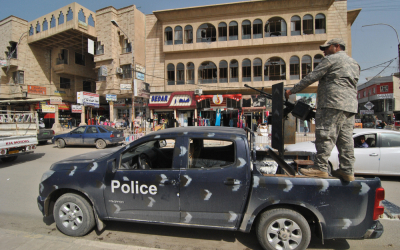This research project is the first to explore the political economy of Iraq's water crisis. Most researchers on Iraq’s climate crisis have either focused on the technical aspects of water management and misuse, or they have focused on how cross-border tensions and disagreements with Turkey and Iran shape downstream water levels. This project will combine these technical and political perspectives with a focus on policy development and implementation. There will be a focus not only on the question of water governance as a transboundary political issue but also a domestic intra-provincial issue. Many Iraqi governorates are using water in ways that negatively impact downstream water levels, and yet most of the policy focus is placed upon external threats and cross-border damming practices in Turkey, Syria and Iran. Resolving these kinds of local government-level management issues is rarely addressed. Local-level tensions over water in Iraq are, in many ways, more intractable than geopolitical disputes. Political parties are deeply entrenched in local and provincial governments, making significant changes in the distribution of resources, including water, particularly difficult. And yet climate and environmental policy reports continue to offer up recommendations and solutions that have no relation to the political reality. Is it possible to devise a water management plan that keeps political feasibility at the forefront of policy formation? Water management is not merely about water levels but also water quality. In Basra water pollution has led to the deaths of scores of civilians and has created multiple waves of public discontent over the mismanagement of water. Water pollution is a major and underexplored issue in the debates over climate and environment in Iraq, merging both environmental and health policy. Within the broader theme of water mismanagement, the issue of water pollution will be a major policy focus of the project to stress the urgency of the research and relevance to civilians.
For more information contact: [email protected]

